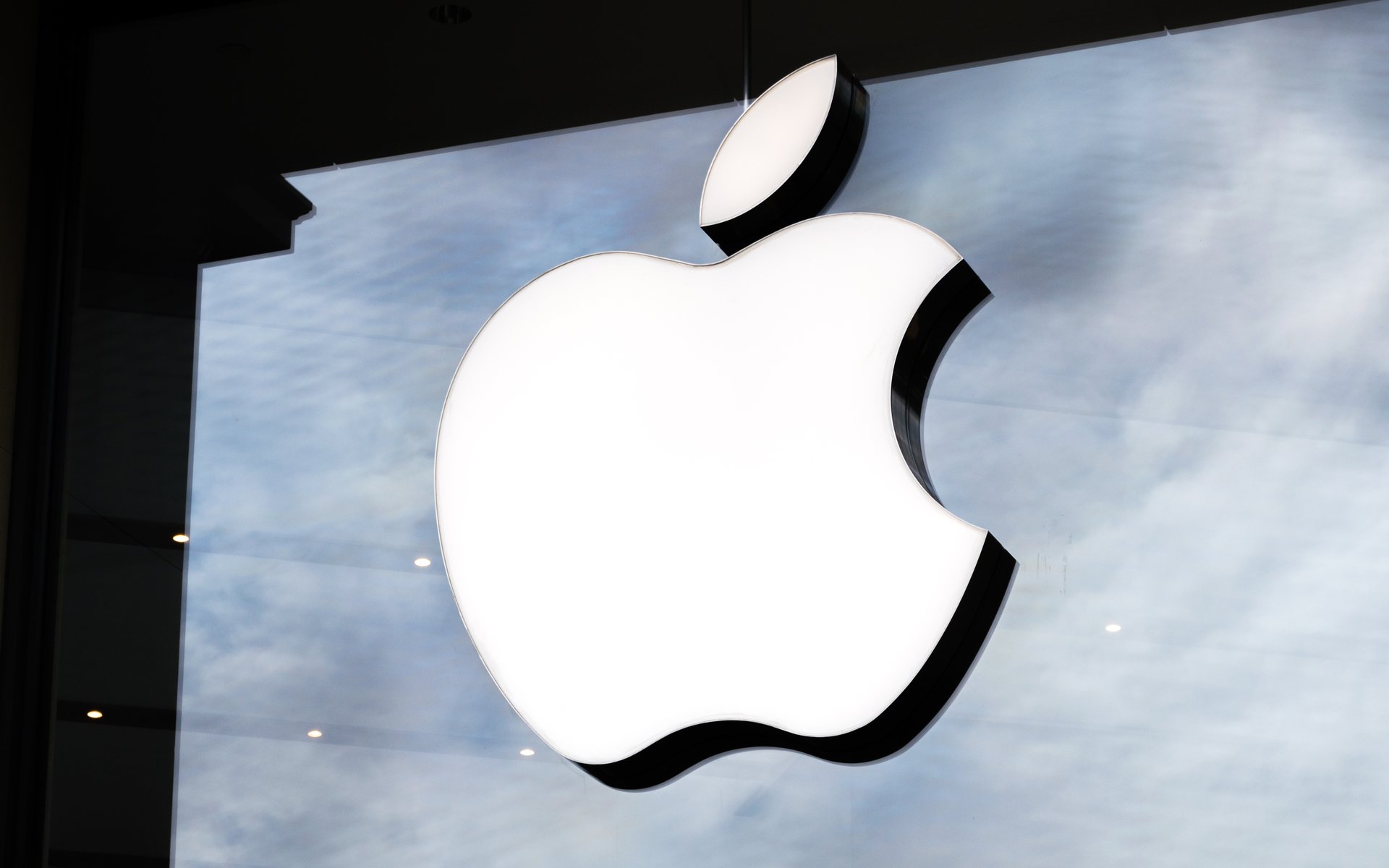
Not quite.
Sure, blockchain is a technological breakthrough offering low transaction costs and unparalleled transparency. Not everyone understands, however, that on its own the technology is like an expensive watercolor paper in the hands of a 12-year-old trying his best to doodle. No matter how talented the kid may be, the venture is doomed from the beginning by the wrong choice of materials.
That is why the crypto community should find systems to integrate blockchain into where it is needed the most. Our responsibility now is in finding archaic mechanisms where transparency, low transaction fees, and public ledgers are crucial for further progress.
Economy at large is sure full of the aforementioned issues. Though the classic economy is too clumsy and is painfully slow in reacting to change. Furthermore, old-school economists see blockchain as a threat that is capable of violating the status quo.
But let’s give it a good look, is the existing economy really too clumsy to integrate blockchain? Take Apple. Will switching business processes to blockchain do any good for the tech giant?
No doubt about it. Currently, Apple development centers and manufacturing along with the huge network of retail stores are spread across the entire globe making Apple lose exorbitant amounts of money on commission fees, taxes, and transactions, etc. Legal issues related to working in different countries must also be tackled, making considerable financial expenses mount on.
A blockchain-based CRM would allow for much more convenient and cost-conscious logistics, as well as decrease theft prevention expenses at every step of the manufacturing process and generally, make managing the business easier.
However, Apple will not switch over to blockchain. At least not in the near future.
This would necessitate every company out of the great number of companies involved in the process of creating and selling Apple products to make the switch to blockchain. Otherwise, the constant need to convert fiat money into cryptocurrency will defeat the purpose of blockchain in lowering transaction costs and even make the entire endeavor of full integration of all business processes pretty much futile.
Therefore the industry needs a breakthrough in another field, one that is easier to transfer onto blockchain, that is if you want cryptocurrency to gain usage outside of trading on cryptoexchanges or become valuable as a means of payment for goods and services.
This is why we should probably look at a more flexible yet just as global alternative – the sharing economy.
The shift in common worldview has sown the seed for P2P economy. Demand elasticity has always been linked to personal income and besides. The very definition of economic good has always included two sub-definitions: the staples and luxury items – the main markers of success for most people in developed countries are helicopters, fine jewelry, real estate.
However, nowadays people sway generally in the direction of freedom. Mobility holds a higher priority over stable location – for a successful person effortless travel while maintaining high living standard becomes more preferable. The idea of renting a comfortable condo instead of renovating a home you own becomes more favorable, besides, selling it when moving to another town is a hassle few people want to engage in.
The sharing economy seems like the idea that is bound to change the world. The issues inherent to the traditional economy still exist in the sharing economy – monopolies, high commission, currency exchange expenses during travel and most importantly, the risk of fraud that is, perhaps, even more prevalent there.
That is why WONO project team is working on the most topical idea of today – merging blockchain with P2P economy.
WONO is the first decentralized project designed to unite people worldwide in a P2P economy. Blockchain will help us create a transparent system for transactions, ratings and comments while minimizing risks. Transaction fees will not exceed 5%. For example, Airbnb, a peer-to-peer economy giant, charges up to 23% fees for their service.
WONO, by combining the P2P economy with blockchain is presenting a unique opportunity to its users. You can easily earn by going on vacation without overpaying for rent or renting out accommodation. With the platform, you can find a condo and rent your own apartment at the same time.
What’s even better, you don’t need to think about how to exchange currencies — the platform eliminates any losses connected to exchange rates. Maybe you hold intricate knowledge of your hometown and want to share it? WONO allows you to earn with that — among the users of the platform you are bound to find someone who needs a tour guide.
The main advantage of WONO lies in the variety of goods and services present on the platform. Project developers took on the global issue of tokenizing the entire sharing economy — you don’t need to buy different cryptocurrency to pay for dinner at a restaurant once with coin A and then pay for taxi with coin B. The platform eliminates financial losses and inconvenience related to exchange operations.
Perhaps, the ease of integrating blockchain into the P2P economy on the one hand and the important advantages that blockchain can bring to P2P processes, on the other hand, will finally allow creating a product that will turn a breakthrough technology into more than just a fancy gimmick, but a practical tool that will truly change the world…
To learn more about the project and participate in the ICO: https://wono.io

















